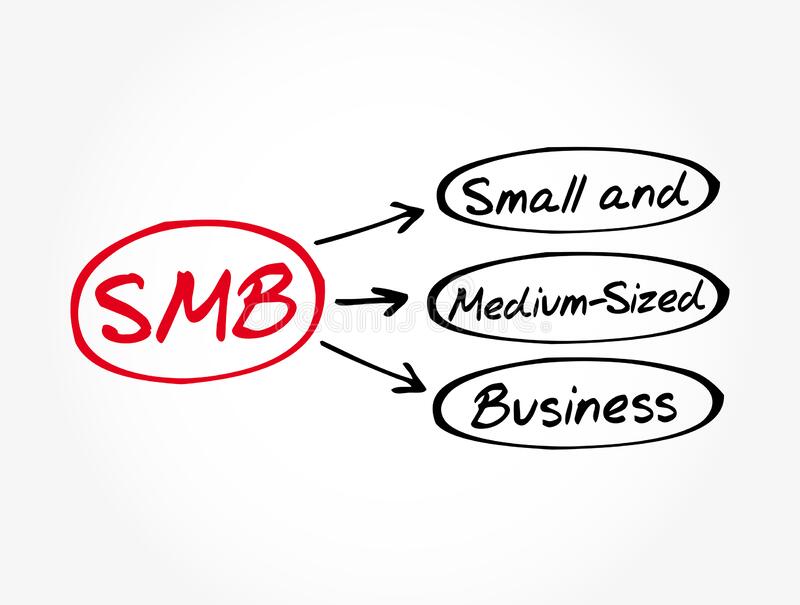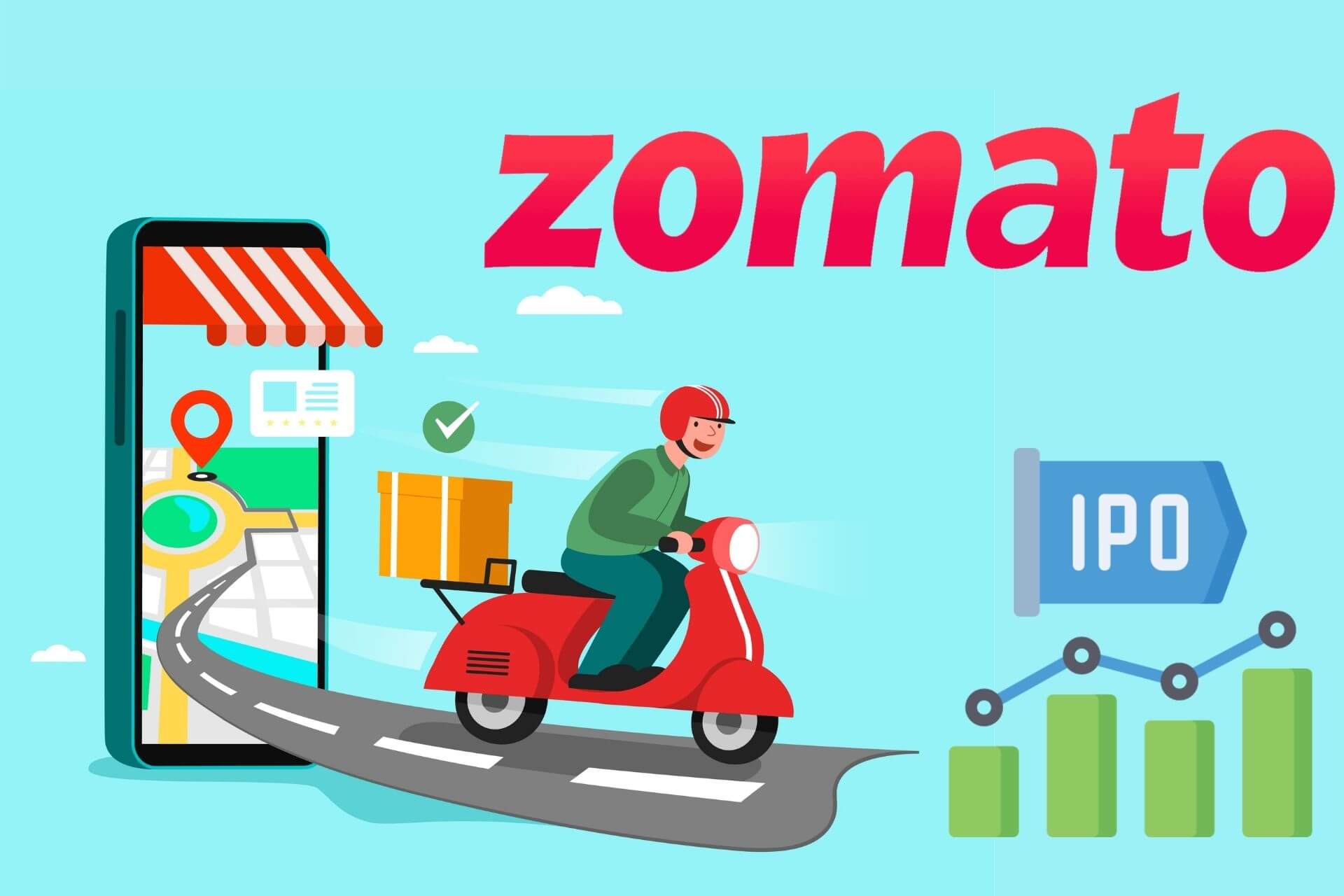AsiaTechDaily – Asia's Leading Tech and Startup Media Platform

Indian SMBs are trying to recover from the pandemic effect by leveraging ecommerce
The impact of the COVID-19 pandemic has been enormous across the globe and efforts are being made across industries to make a comeback and regain the level of normalcy. The state of Indian SMBs was no different with many getting completely crippled. With zero sales and stock remaining piled up, the impact on small businesses across the country translated to low revenues and sales. Against this backdrop, the SMBs turned to digitization space to survive this crisis.
Indian SMBs have always been a major growth driver of the nation’s economy. With over 80 million SMBs, the GDP contribution is almost 40 per cent. However, only a little over 30 percent are leveraging digital technologies. Despite having a vast growth potential the Indian SMB segment has not been tapped to its full capacity.
COVID-19 has changed the Indian SMBs ecosystem
The coronavirus pandemic has certainly been a wake-up call for many businesses that have been operating outside the fabric of India’s digital revolution. Consumers are reluctant to step out in these uncertain times and are primarily shopping online, thus making ecommerce as the only option for small and medium size businesses to survive.
The pandemic has changed consumer behavior drastically and ecommerce has emerged as the only respite. As a result, ecommerce sector since the last year has boomed. Those who have adopted online shopping during the subsequent lockdowns last year are still preferring the ecommerce platform for all their shopping needs. The ecommerce business is on an upsurge in 2021 and it is expected that it will see steady growth throughout the year.
However, the shift of SMBs to the online platform will not be cakewalk. Government is making efforts to creating an environment of technological innovations and digitalization for this sector.
Ecommerce is the way forward
With increasing internet and ever-growing smartphone penetration, ecommerce is making its way to the hinterlands of the country thus offering new opportunities to Indian SMBs across socio-economic paradigm.
Many small and medium-size business owners have shut down their brick and mortar establishments and are using digital channels for sales. Entrepreneurs are using chats to reach out to potential consumers by sharing images of their products and even accepting payments online. As a result, they have been able to expand their geographical presence by reaching to consumers in various cities. Some are even leveraging social media platforms to engage with their existing consumers and reach a bigger audience.
At this point, it is safe to say that creating an online presence is no longer an option but an essential step for SMBs to drive sales and stay afloat.
However, it has always been challenging for novice entrepreneurs to enter the highly competitive ecommerce segment. To make the most of this space SMBs will have to depend upon ecommerce enablers who can guide them on building strategy, making the right investments, and choosing right technologies so that they can maximize their returns. During the pandemic, for digitizing their operations, numerous local retail stores in the country have turned to ecommerce enablers to meet the consumers need while sustaining their businesses.
With advanced tech-enabled solutions such as contactless delivery and click& collect options, ecommerce enablers are a more lucrative option for SMBs to thrive.
The Indian SMBs with systematic support from state and central governments, ecommerce enablers, and industry bodies, the Indian SMBs can look forward to a better future.





